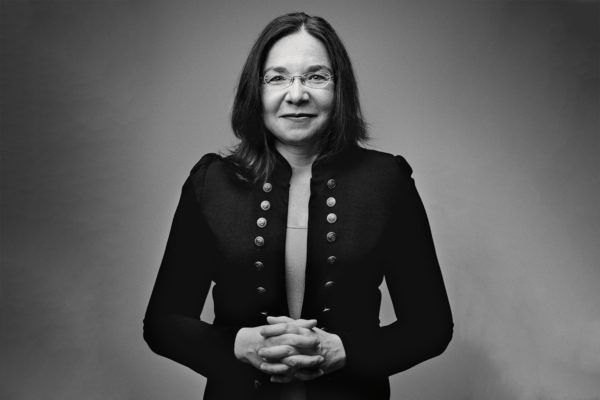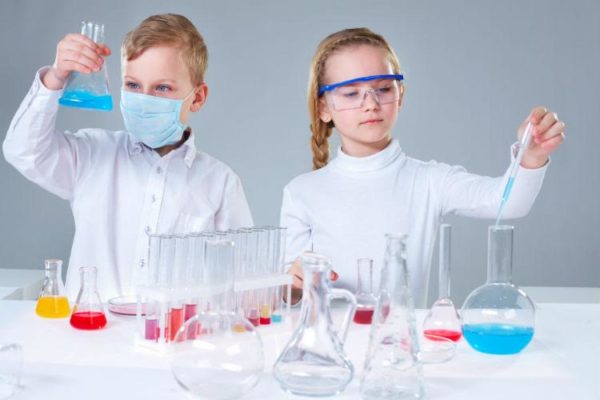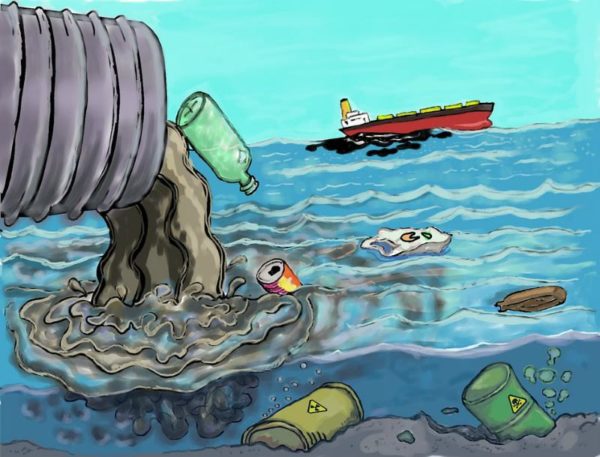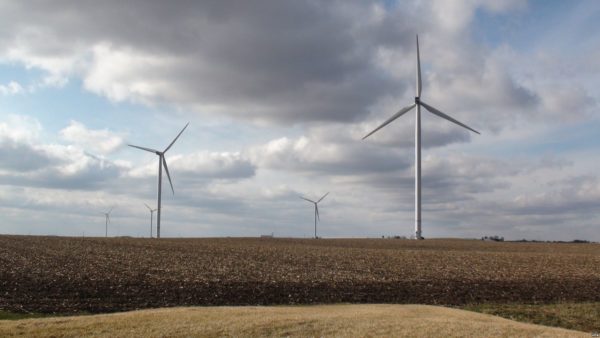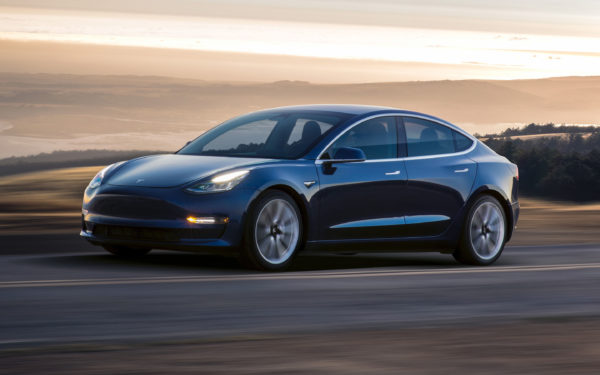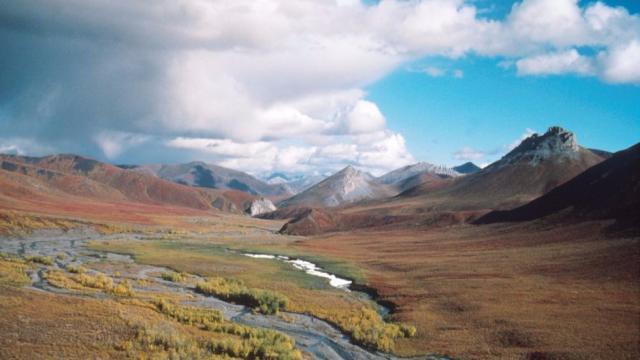In her 2009 book, co-authored with husband Andrew Farley, Climate for Change: Global Warming Facts for Faith-Based Decisions, Katharine Hayhoe wrote: “Most Christians are not scientists, and it’s hard to say how many scientists are Christians. In our family, we are both.” The Texas Tech atmospheric physicist, who’s also an Evangelical Christian, has long been one of the most vocal evangelists for the environment. Hayhoe has been featured in the James Cameron-produced TV series Years of Living Dangerously and once nominated as one of the most influential people in the world by TIME. She talks to WIRED about president Trump, clean energy, and, of course, climate change.
Continue reading... →When I joined the 470,000 other women who walked down Constitution Avenue toward the National Mall on Jan. 21, the day after Donald Trump’s inauguration, I carried a sign saying, “Don’t Forget, White Women Voted for Trump.”
My message stood in stark contrast to the theme of togetherness that dominated the Women’s March — the pink “pussy hats” and “girl power” placards, and chants about how women would lead the resistance. This was exactly the point. I made the sign to communicate that in a world where 53 percent of white women voters chose a racist, elitist sexual predator for president, the idea that we all want the same thing is a myth.
Continue reading... →It’s a well-known fact that STEM (Science, Technology, Engineering, and Math) careers pay well and have high job placement rates. Despite this, K-12 students show less interest in pursuing careers in STEM disciplines, partly because teachers don’t introduce them to STEM concepts until middle school or high school. Educators traditionally focus on math and language arts, rather than all parts of STEM in early school years.
Teachers are working to change this trend by broadening their curriculum to include more STEM and STEAM topics. STEAM refers to programs that focus on both STEM subjects and on the arts. In STEM and STEAM education, youth don’t learn what to think, but instead, are taught how to think and approach real-life problems critically. By fostering this interest early on, educators are paving the way for the present youth to be future leaders and innovators.
Every year we use massive amounts of plastic is another year that much of that plastic ends up in the oceans. Some estimates claim that over eight metric tons of plastic enter the oceans every year and others put it significantly higher. That constant influx of ever-increasing amounts of plastic can have some pretty devastating effects on both marine and terrestrial life, including people.
The oceans help protect our environment and maintain our world the way it is. As famed explorer Sylvia Earle likes to say, “No water, no life. No blue, no green.” This means the oceans are what allows life to flourish on our planet. The more polluted they become, the harder it is for our oceans to thrive. While we aren’t in danger of seeing them evaporate, we may be seeing another mass extinction event, and that would mean the seas could become essentially lifeless.
Continue reading... →Google will buy 536 megawatts of wind power, adding to the company’s already large supply, making it the biggest corporate purchaser of renewable energy, according to a statement Thursday. The Alphabet subsidiary will purchase wind energy from four different power plants: two in South Dakota, one in Iowa and one in Oklahoma. Google announced at the end of last year that it would reach 100% renewable energy in 2017. With these deals, the company has agreed to buy enough power to compensate for all of its energy needs this year, though some of the projects are not yet operational.
Continue reading... →Burnout: It’s a term you recognize from drifting through the last dregs of high school and college. That feeling somewhere between sleeplessness and fatigue, between stress and despair. The feeling that makes you stay in bed instead of going to class, that makes you waste your time even as other obligations are piling up. The problem, as we millennials are starting to learn, is that it doesn’t end after graduation. Burnout exists — and may even get worse — when you finally enter the workforce.
Continue reading... →Tesla’s Model 3, the most important car to come out in decades, has a confirmed range of 310 miles, according to the Environmental Protection Agency. That figure applies to the long-range version of the Model 3, and echoes the vehicle specs released by Tesla back in July. It also makes the Model 3 one of the most efficient passenger electric vehicles on the market.
Continue reading... →A major conservation group is blasting the newly passed Senate GOP tax bill for allowing oil drilling in the Arctic National Wildlife Refuge (ANWR), calling the bill “simply shameful.” “Opening the Arctic to drilling as part of this tax plan is simply shameful. The Arctic Refuge isn’t a bank—drilling there won’t pay for the tax cuts the Senate just passed,” National Audubon Society President and CEO David Yarnold said in a statement Saturday. “The American people don’t support drilling in the Arctic and it’s up to the House to reject this flawed bill.” The Republican tax bill included a provision to open up a section of ANWR to oil drilling for the first time.
Continue reading... →Holiday season is online shopping season. And with online sales expected to surpass $100 billion this year, that equates to a lot of fast and free shipping. But there is a hidden cost to all this shipping: its carbon footprint. In the newest installment of the Climate Lab video series — produced by the University of California in partnership with Vox Media — Conservation International CEO M. Sanjayan takes you inside the world of online shipping and its impacts on the planet.
Continue reading... →